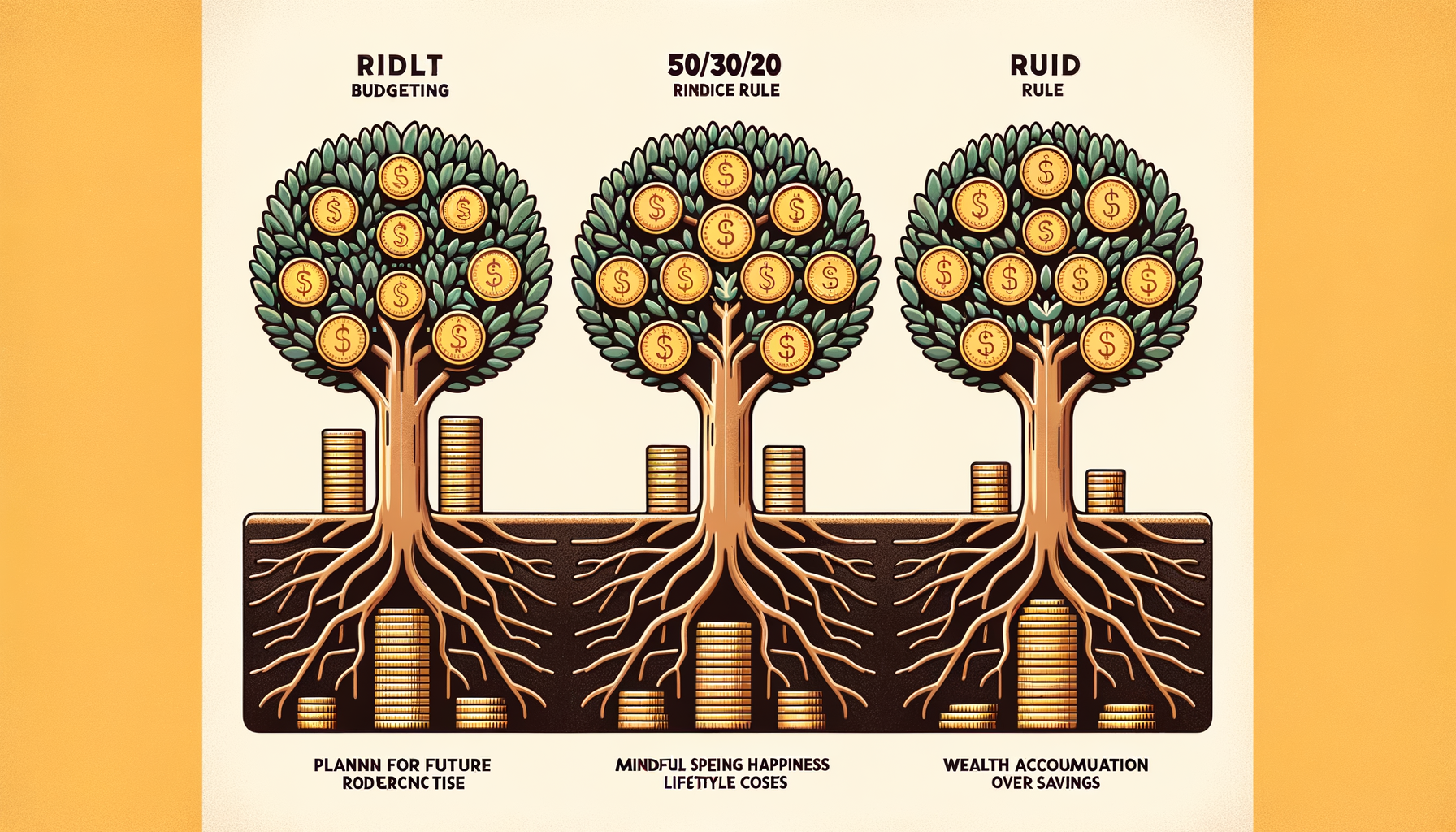
Financial planning and budgeting has undergone a metamorphosis in recent years. It’s been universally recognized that the traditional approach to budgeting, where every dollar is allocated to a specific category, has failed to keep up with the dynamism of today’s fast-paced financial environment. Budgeting in its old format is plainly becoming redundant. The modern consumer requires a strategy that’s more in sync with their lifestyle and financial obligations, something more holistic and flexible.
In recent times, many financial planning models and philosophies have surfaced, professing ease of execution, and better control over finances. Nevertheless, these models remain steeped in the genericness of traditional budgeting, presenting an overhauled exterior while the old core remains. One such trending concept is the 50/30/20 rule proposed by Elizabeth Warren.
According to this financial tactic, one’s income is divided into 3 categories: 50% towards living costs and necessities, 30% to lifestyle choices, and 20% towards debt or savings. The idea behind the approach is simplicity and a sense of balance. However, it again puts the consumer inside a rigid cage, not very different from the traditional approach we’ve been trying to replace.
While the 50/30/20 rule might work for some, every individual has unique financial situations and lifestyle needs. Some may live in high-cost area where necessities take up more than 50% of their income, while others may have no debt and find the 20% allocation unnecessary. This one-size-fits-all mentality ignores a paramount part of financial planning: Personalization. Your budgeting strategy needs to be tailored to you, considering your income, your lifestyle and your long-term financial goals.
At the same time, the financial mistakes that we tend to make are not inherently complicated – they are simple decisions taken due to lack of awareness or the wrong mindset. For instance, buying a luxury car because we saw an advertisement does not require us to understand an intricate financial model, but rather comes from a mindset skewed towards instant gratification rather than long-term financial stability. This scenario cannot be corrected by simply changing the percentage proportions of a budget; it necessitates a change in attitude and the way we think about money.
Hence, what we need is a mind-shift from traditional budgeting towards more evolved financial decisions, categorized under the ‘Adulting Principle’. This means embracing financial responsibility, living within our means, and making decisions that balance our current happiness and future financial stability. Here are a few key points under the Adulting Principle:
1. **Embracing Financial Consciousness:** The tenets of the Adulting Principle begin with recognizing and understanding how every dollar is spent. Whether it’s a regular spend like groceries or a big purchase, being aware of where your money is going means you’re less likely to overspend without realising it.
2. **Understanding the Difference Between Needs and Wants:** Differentiating between needs and wants is a crucial aspect of the Adulting Principle. By doing so, impulsive spending can be significantly reduced. Remember that wants are not bad, they’re just non-essential items that you could live without. Delaying gratification to meet long-term goals is a key part of wise financial planning.
3. **Planning for Future Happiness:** While we may be focused on meeting day-to-day expenses, it’s also important to plan for our longer-term happiness and life goals. This includes building discretionary savings, planning for retirement, and making investments.
4. **Focusing on Value Over Cost:** Not everything that’s expensive is valuable, and not everything that’s cheap is worthless. With the Adulting Principle, the emphasis is on assessing value, not just cost. Focusing on value helps us make more informed spending decisions. For example, spending on education or health might seem extravagant in the present but can propound worthwhile value in the future.
5. **Making Mindful Spending Decisions:** The ability to weigh the happiness gained from spending money now versus later is a central tenet of financial consciousness. For example, consider choosing between buying an expensive gadget now or using that money for a trip next year. Evaluating such scenarios can prevent impulsive purchases and promote better financial decisions.
6. **Practicing Financial Resilience:** Financial resilience means having the strength to bounce back from unforeseen financial shocks, like emergencies or a sudden job loss. Having a robust emergency fund and insurance coverage can be key to managing such situations without falling into debt.
7. **Building Wealth Over Time:** Instead of rushing to accumulate riches, the Adulting Principle advocates for a steady and systematic approach to wealth building. This includes making regular savings, methodical investing, and avoiding high-risk gambles.
Subscribing to the Adulting Principle might initially seem like a challenge but with time, it becomes a way of life. The ultimate aim is for every decision to arise from a place of financial consciousness and careful judgment rather than being a response to external triggers such as a sale, advertisement or peer pressure.
In essence, the evolution of budgeting from stringent compartments to the pragmatic philosophy of Adulting Principle showcases an approach that’s personalized, mature, sustainable, and flexible. It not only encourages financial independence and security but also allows for the enjoyment of present moments, striking a balance between today’s happiness and tomorrow’s financial stability.
In conclusion, the pathway to unlocking your financial freedom is not about constraining yourself inside a budgeting template. Instead, it’s about taking conscious steps towards becoming a more informed and responsible consumer, understanding your unique circumstances, and tailoring your financial decisions based on both personal values and long-term goals. That’s the true form of “Adulting”, taking responsibility for your financial future, one decision at a time.

